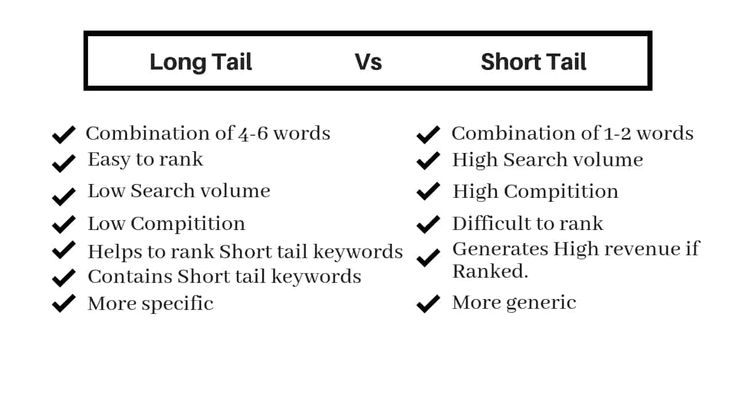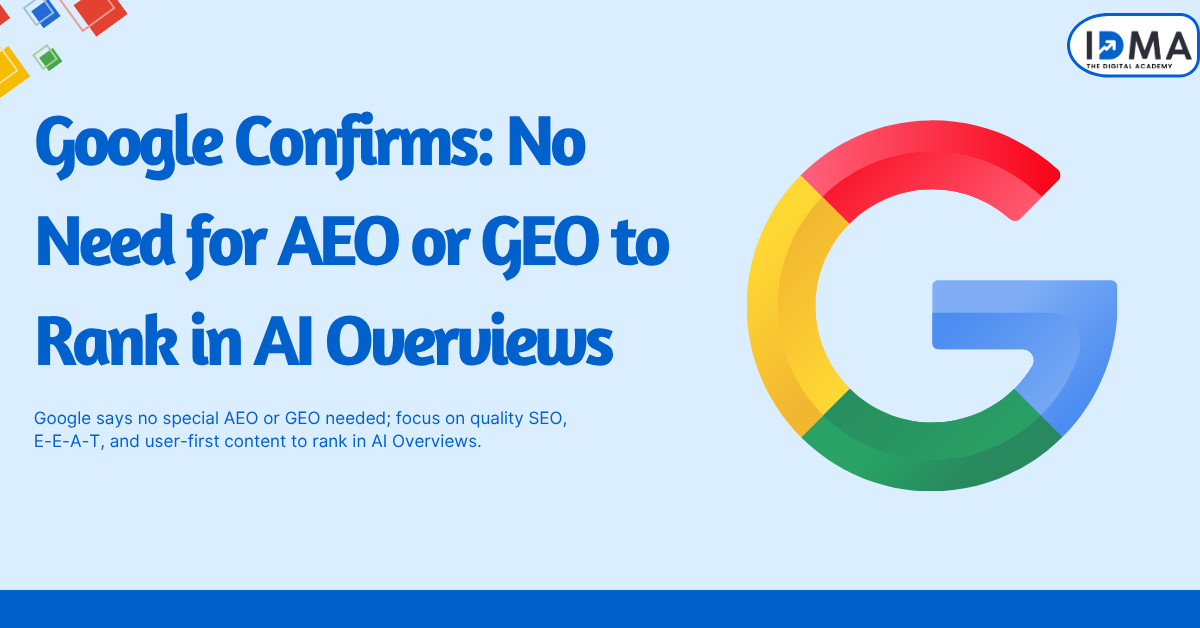If you want to grow your website and attract more visitors, Google keyword research is one of the most important skills to learn. It helps you understand what people are searching for on Google and how you can create content that meets their needs.
This guide will explain Google keyword research in simple terms. By the end of this article, you will know how to find the right keywords, why they are important, and how to use them to improve your website’s ranking on search engines.

What Is Google Keyword Research?
Google keyword research is the process of finding and analyzing the words and phrases people type into Google when looking for information, products, or services. These words and phrases are called keywords.
For example, if someone wants to learn how to bake a cake, they might search for:
- “How to bake a cake”
- “Easy cake recipe”
- “Best chocolate cake recipe”
By finding the right keywords, you can create content that matches what people are searching for, helping your website appear higher in Google search results.
Why Is Keyword Research Important?
Keyword research is important because it helps you:
- Increase Website Traffic – Using the right keywords helps your website rank higher in search results, leading to more visitors.
- Understand Your Audience – It tells you what people are searching for and what problems they need solutions for.
- Improve SEO (Search Engine Optimization) – SEO is the process of making your website easier to find on search engines. Keywords play a big role in this.
- Find Low-Competition Opportunities – Some keywords are easier to rank for than others. Keyword research helps you find less competitive keywords.
- Boost Conversions – By targeting the right keywords, you attract visitors who are more likely to take action (buy a product, sign up, etc.).
Also Read: Google Search Console 101: A Beginner’s Guide
Types of Keywords
There are different types of keywords, and understanding them will help you choose the best ones for your content.
1. Short-Tail Keywords
These are 1-2 word phrases with high search volume but high competition.
- Example: “Cake recipe”
- Pros: High traffic potential
- Cons: Hard to rank for due to high competition
2. Long-Tail Keywords
These are longer phrases (3 or more words) with lower search volume but less competition.
- Example: “Easy chocolate cake recipe for beginners”
- Pros: Easier to rank for, attracts targeted visitors
- Cons: Lower search volume

3. Branded Keywords
These include brand names in the search query.
- Example: “Nike running shoes”
- Useful for businesses promoting their own products
4. Commercial Keywords
These show buying intent and are great for businesses.
- Example: “Best laptop under $1000”
- Helps attract potential buyers
5. Informational Keywords
People use these keywords to find answers or learn something.
- Example: “How to lose weight naturally”
- Great for blogs and educational content
How to Do Google Keyword Research (Step by Step)
Step 1: Brainstorm Topics
Start by listing broad topics related to your business or niche.
- If you run a fitness blog, your topics might be “weight loss,” “exercise,” and “healthy eating.”
Step 2: Find Keyword Ideas
Use keyword research tools to find keyword suggestions based on your topics.
Free Keyword Research Tools:
- Google Keyword Planner (Google Ads account required)
- Google Autocomplete (Start typing in Google and see suggestions)
- Google Related Searches (Scroll to the bottom of search results)
- Answer the Public (Shows common questions people ask)
- Ubersuggest (Free tool with keyword ideas)
Paid Keyword Research Tools:
- Ahrefs
- SEMrush
- Moz Keyword Explorer
- KWFinder
Step 3: Analyze Keyword Metrics
Look at these important factors when choosing keywords:
- Search Volume – How many people search for the keyword per month?
- Keyword Difficulty – How hard is it to rank for this keyword?
- Cost Per Click (CPC) – If using paid ads, this shows how much advertisers pay for each click.
- Search Intent – What is the user looking for? (Information, product, etc.)
Step 4: Choose the Best Keywords
Pick keywords that are relevant, have good search volume, and low competition.
Step 5: Use Keywords Naturally in Your Content
Once you have selected the right keywords, use them in:
- Headlines & Subheadings
- First 100 Words of the Article
- Image Alt Text
- URL Slug
- Meta Title & Description
Common Keyword Research Mistakes to Avoid
- Ignoring Long-Tail Keywords – These are easier to rank for and attract the right audience.
- Keyword Stuffing – Using a keyword too many times can hurt your ranking.
- Not Analyzing Competitors – Check what keywords top-ranking websites are using.
- Ignoring Search Intent – A keyword might have high volume, but if it doesn’t match user intent, it won’t help you.
- Focusing Only on High-Volume Keywords – Sometimes, low-volume keywords bring better results.
Conclusion
Google keyword research is a crucial skill for anyone who wants to grow their website and reach the right audience. By understanding what people are searching for and using the right keywords in your content, you can improve your website’s ranking, attract more visitors, and increase conversions.
Start with free tools, analyze keyword metrics, and create content that matches search intent. Over time, you’ll see the benefits of well-planned keyword research in your SEO efforts.
Happy keyword researching.








